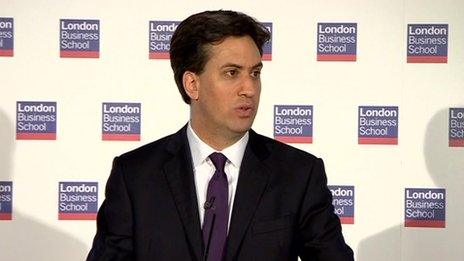Cameron claims business backs his EU referendum plan
- Published
- comments
David Cameron: ''Let's deal with those things that are holding Britain back, and then let's have this put to the British public in an in/out referendum''
David Cameron says business leaders are increasingly backing his plans for an EU referendum after a renegotiation of the UK's role within the EU.
British Chambers of Commerce chief John Longworth has called for a vote in 2016, a year earlier than Mr Cameron has promised, to end uncertainty.
Labour's Ed Balls has warned a referendum would be "hugely destabilising" to business.
But Mr Cameron said the BCC boss's call showed firms were getting behind him.
"They are saying it is quite right to have a strategy that gives Britain the best chance of staying in a reformed European Union that works in our interest and that is what my approach is," Mr Cameron told the BCC's annual conference.
"Let's get stuck in there, let's hold a negotiation, let's deal with those things that are holding Britain back, and then let's have this put to the British public in an in/out referendum."
He said the danger of not following his plan was that "Britain would just steadily drift towards the exit of the EU because the British public would not be taken along for this very important decision".
'Safeguards'
A Conservative source said if it was possible to hold a referendum earlier than 2017 "that would be fine".
But Mr Cameron is sticking to the 2017 date for now as he attempts to get the backing of other EU leaders for Britain to take back powers in areas such as welfare and immigration - if he wins May's general election.
Ed Balls: "Every hint that a referendum could happen as early as next year only adds to the uncertainty and the risk for British business"
Mr Longworth - who wants Britain to stay in the EU - questioned Mr Cameron's negotiating strategy, telling the BCC conference: "The next government must set out what it will do to protect the United Kingdom against the prospect of being in a club where all the decisions are made by, and for, the eurozone.
"More than any repatriation of powers, businesses want to know that the UK has safeguards against being drawn closer to the eurozone - especially as history tells us that currency unions inevitably fall apart unless there is real political, economic and social integration."
And he said any EU referendum should be held in the first year of the new government after May's general election, adding: "It is crucially important that we don't have too long a period of uncertainty."

Analysis, By political correspondent Iain Watson
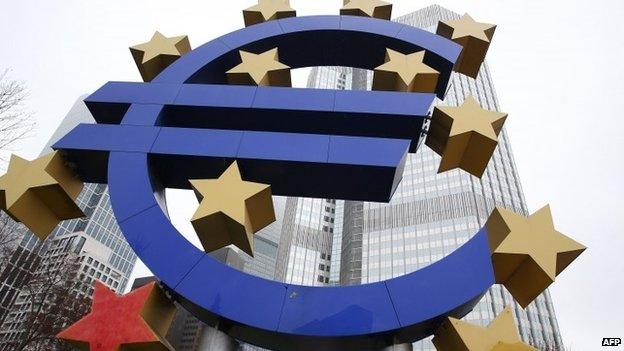
The BCC is concerned about the UK being "drawn closer" to the eurozone
John Longworth's call for an early referendum on EU membership is significant - the British Chambers of Commerce represent companies which employ five million people. So the organisation's leader's warning that business doesn't want the uncertainty of a long campaign on EU membership won't go unheeded.
But more perhaps significantly, his public comments reflect a private debate taking place at the highest levels of the Conservative Party. Some senior ministers are urging David Cameron - if he remains prime minister - to go for a referendum in 2016, not 2017. Partly this is because of the business climate, but it's also motivated by a desire to signal to potential UKIP supporters that the prime minister is really serious about holding an In/Out vote.
Some senior backbenchers are pushing for the prime minister to name a referendum date before the election, to steal a march on Nigel Farage.
However, one of David Cameron's closest allies on Europe believes he won't want to box himself in. The downside of an early referendum is that it wouldn't give much time to renegotiate Britain's relationship with Brussels. That, in turn, could increase the risk of a No vote. And both the prime minister and the head of the chambers of commerce say they want to stay in a reformed EU.

Mr Cameron also used his speech to the BCC conference to call on Britain's business leaders to give their workers a pay rise because economic conditions have "not been this good for a long time".
He also announced a plan to boost access to finance for 500 fast-growing firms, called Help to Grow, if the Conservatives win the general election.
A pilot scheme will be launched at the Budget before the election using £100m from the British Investment Bank, Mr Cameron told the BCC conference.
'Uncertainty'
For Labour, shadow chancellor Ed Balls said that "simply telling people 'they have never had it so good' will only make working people feel politicians are out of touch with their lives".
Nick Clegg: ''Britain is better off as a continued member of Britain's biggest, borderless single market''
But the main thrust of his speech to the BCC was a warning about the risk to the economy posed by an EU referendum.
"Every comment by senior Cabinet ministers saying they would be happy or relaxed to see us walk out, and every hint that a referendum could happen as early as next year - before any meaningful reform agenda could be achieved - only adds to the uncertainty and risk for British businesses," said Mr Balls.
Labour has said it will only sanction a referendum if further powers are handed from the UK to Brussels requiring a fundamental change to existing treaties.
A Liberal Democrat source said that it was not opposed to an EU referendum in principle but said it should only happen if significant powers were transferred and that its commitment to remaining in the EU "is what most businesses want and what the BCC wants".
'Ruse'
UKIP has suggested talk of a 2016 referendum is a "ruse" by the Conservatives and by Mr Cameron, who it says previously "begged for time" for the renegotiation.
SNP deputy first minister John Swinney is among other speakers at the event.
TUC general secretary Frances O'Grady said Mr Cameron's call for higher pay is "no more than pre-election mood music" and nurses and public sector workers "will find it a bit rich".
Unite general secretary Len McCluskey called on the government to "immediately" boost the minimum wage by at least £1.50 an hour.
Liberal Democrat leader Nick Clegg used his speech to the BCC conference to set a target of helping a million more women into work work by 2020, saying the Lib Dems will require firms with more than 250 staff to publish the average pay of their male and female workers.
The Lib Dems accused Ed Miliband of "snubbing" British business by not attending the BCC conference, but Ed Balls dismissed such attacks as "trivial", adding: "Isn't this election about bigger things than that?."
- Published27 January 2015
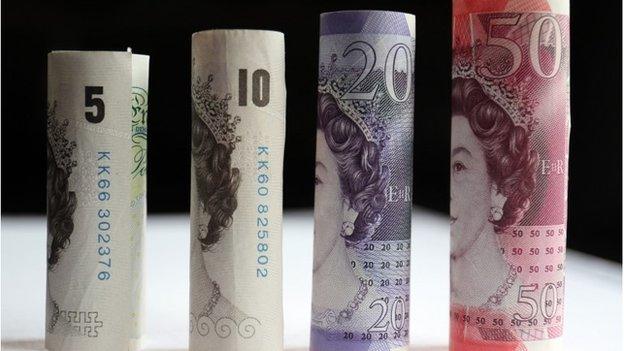
- Published19 January 2015
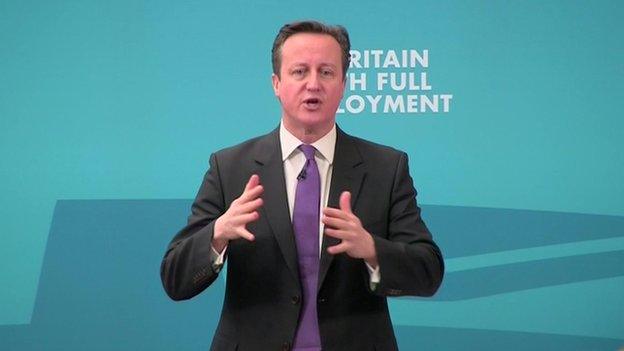
- Published17 December 2014
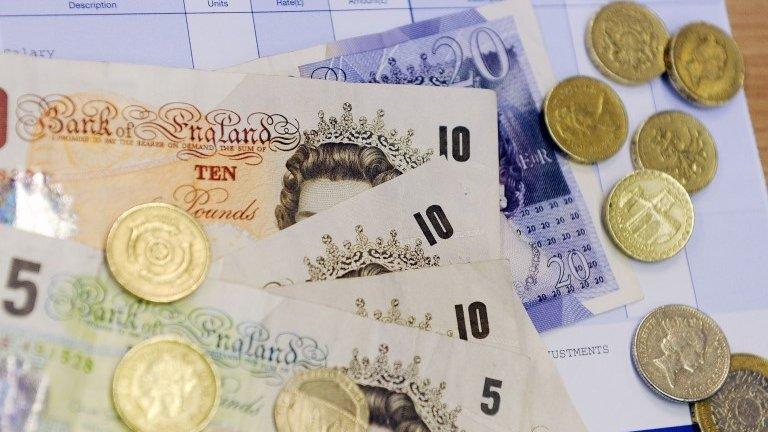
- Published10 November 2014
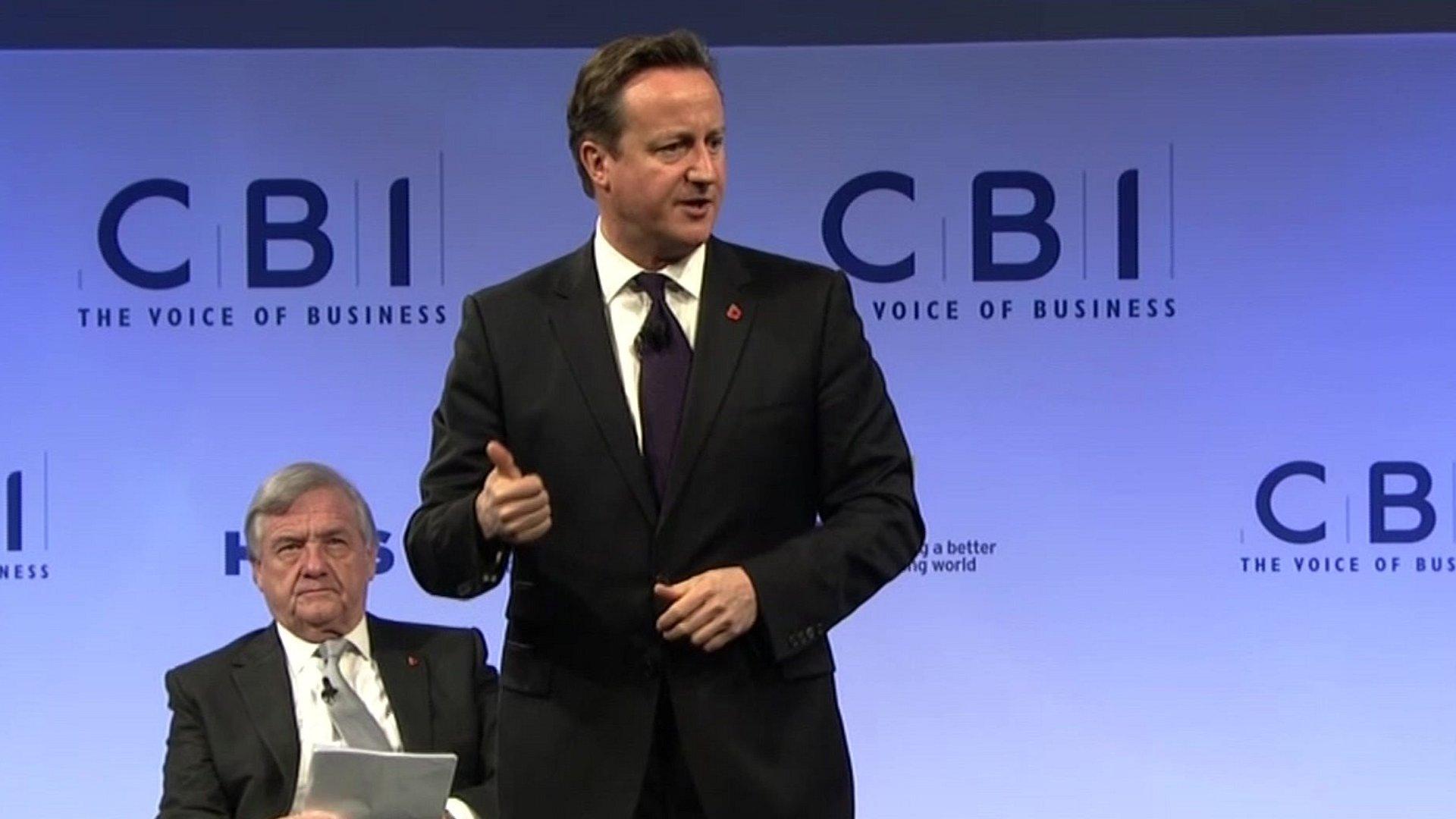
- Published18 June 2014
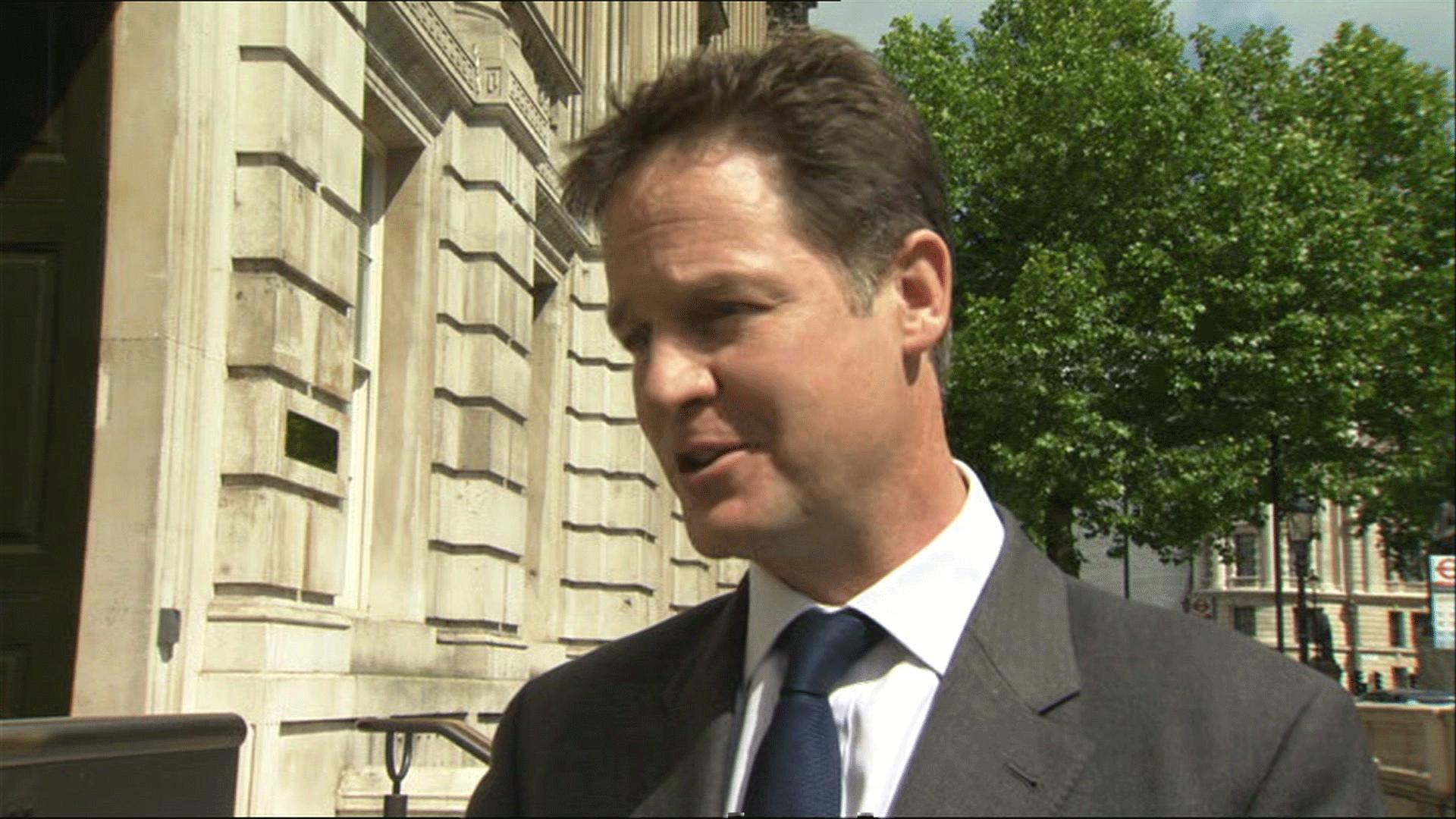
- Published12 March 2014
